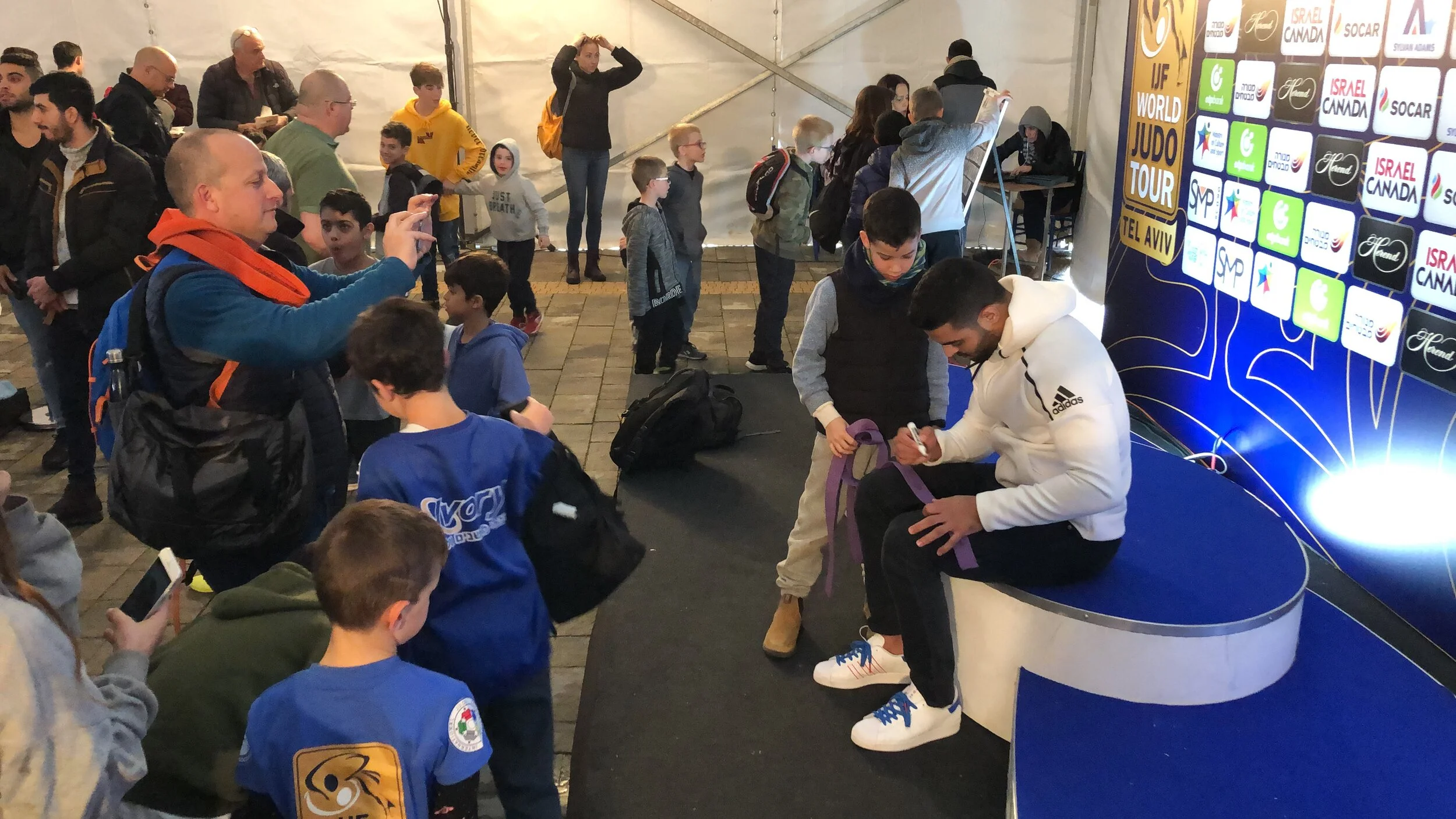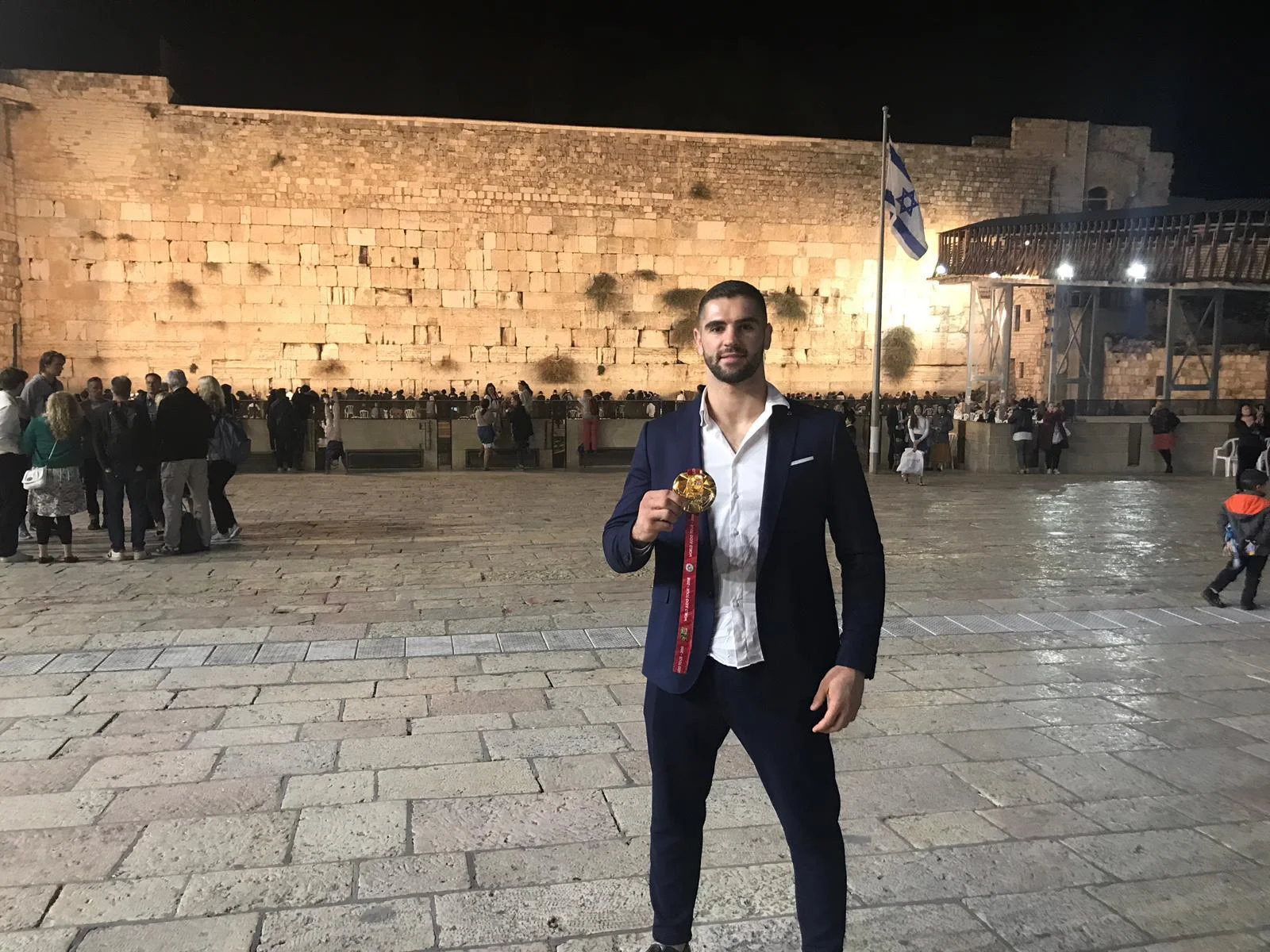Four months ago, in the first week of December 2023, I wrote that the Paris 2024 opening ceremony needed a Plan B.
Since then, I have had dozens of conversations with people inside and outside the Olympic movement. No one has said the idea of a flotilla of boats, the athletes of the world floating down the River Seine for six kilometers, or three-plus miles, is good. Almost everyone has said the same thing about this idea: it’s flawed.
For the sake of all that is decent in our world, the hope here is that they pull it off. But it so obviously seems the farthest thing from safe.





